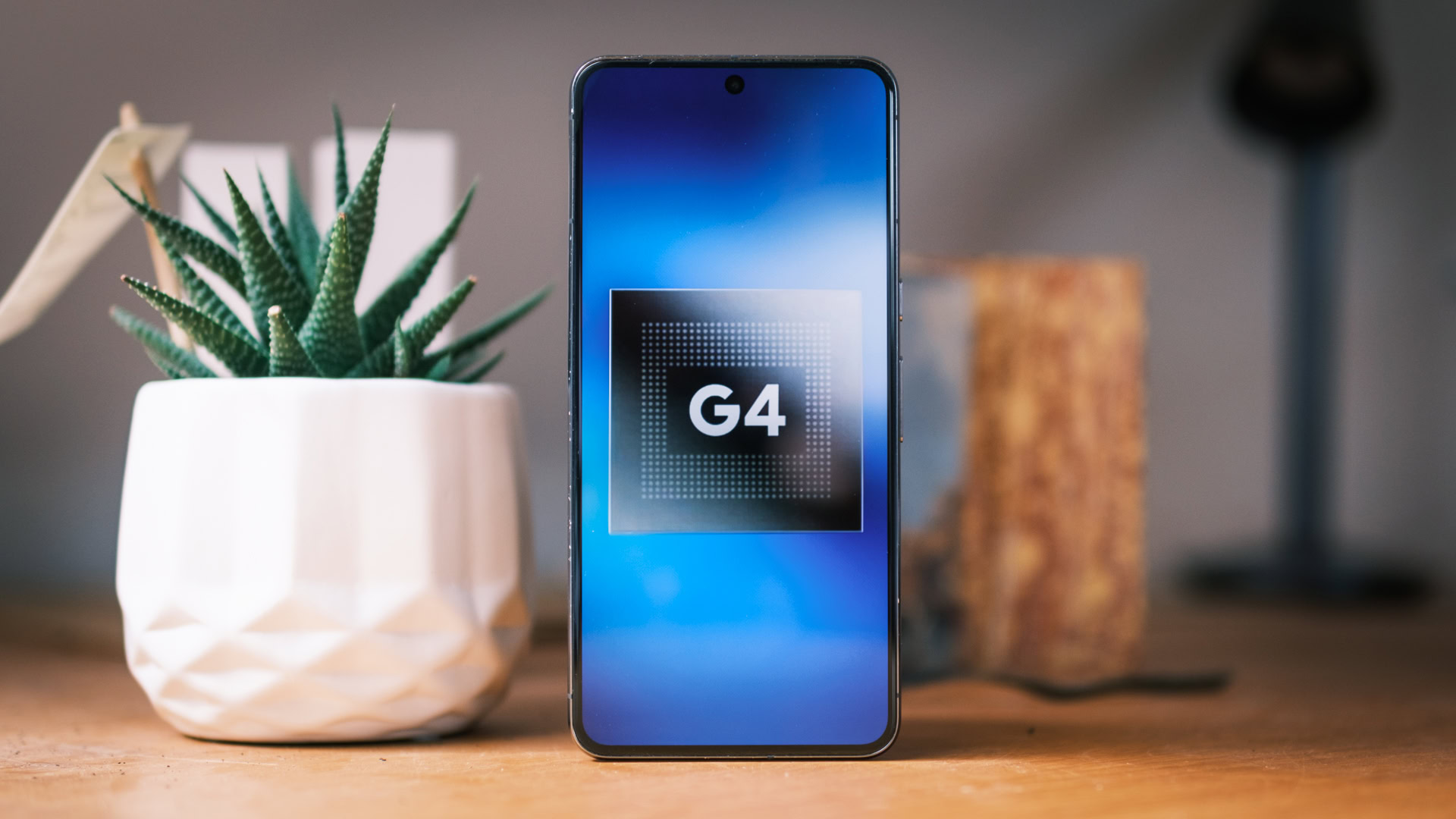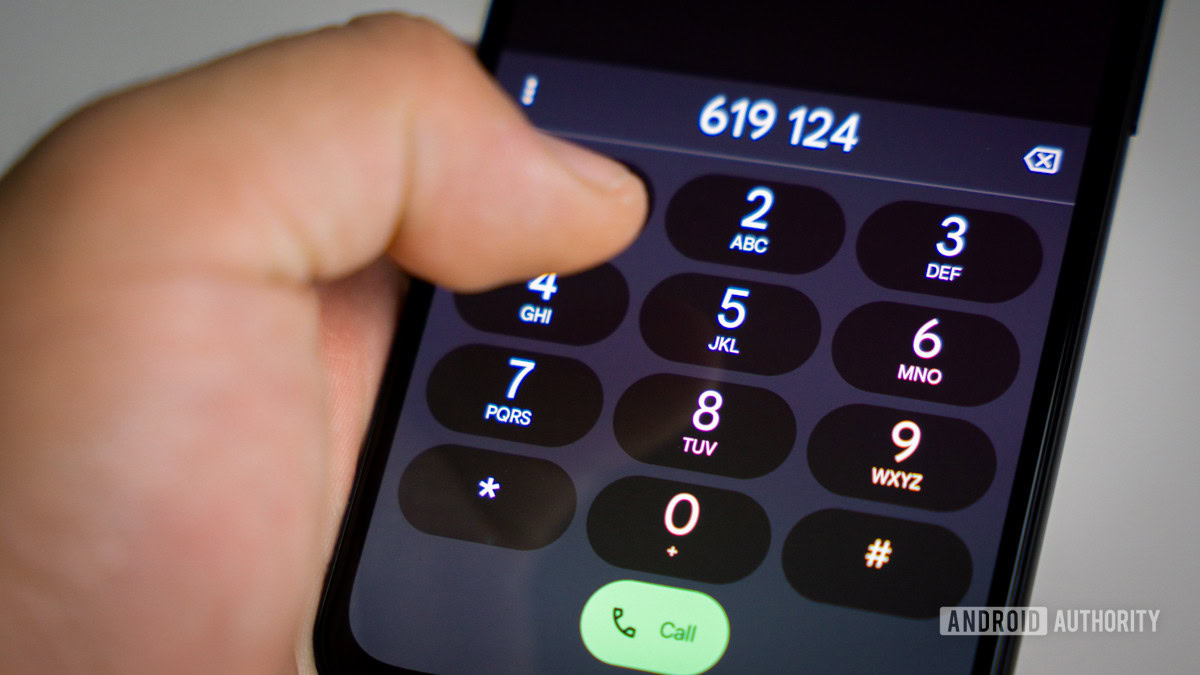
Robert Triggs / Android Authority
The Google Pixel 9 series packs the new Tensor G4 chipset, but “new” is doing a lot of heavy lifting here. Compared to the Tensor G3 that powers the Pixel 8, the updated silicon has a revised Arm core arrangement with higher clocks, a quicker GPU, and a new modem. However, compared to the big generational leaps on other manufacturers’ chipsets, the new Tensor is a minor upgrade over the Tensor G3.
For the Pixel 9 series, which starts $100 higher than the outgoing Pixel 8 line, the lack of big upgrades on the Tensor G4 will be a downer for many.
Here’s what you think of the Tensor G4
Rita El Khoury / Android Authority
We polled readers about their thoughts on the Tensor G4, and the reception of the silicon leaves much to be desired.
Only 25.5% of the 1,400 respondents believed the Tensor G4 should be fine, considering its closeness to the adequate Tensor G3. That’s not a roaring praise, but it’s better than the perception three-quarters of voters hold.
Notably, 33.4% of readers feel that the Tensor G4 is a dealbreaker, especially for those considering picking up a Pixel 9 model. The remaining 41% of voters are “disappointed” but believe software implementation is more important than hardware for modern phones.
There are some interesting insights in the comments section, too.
“Honestly, as a non-power user, if the only things that change between the G3 and G4 are that it runs cooler, has better battery life, and has a better modem, I will still be quite happy,” notes one level-headed commenter. “TBH, give me better battery life and more efficient ISP for photos, and I am fine hardware-wise,” another echoes.
Another highlighted the problem with middling performance in device line that’s pricier this time around: “There’s really no problem with midrange phones. Midrange phones are what people actually buy after all the flagship hype. It’s only a problem when they are charging flagship prices for a midrange phone.”
While the Tensor G4 does pack additional improvements, from the support for satellite connectivity to an additional wad of RAM reserved for AI applications, it’s clear that Google needs to invest more in its flagship silicon for the Pixel 10. New AI features and the smoothness of Pixel UI may win potential buyers, but a more progressive chipset is required to snag new buyers and those on the fence.







 English (US) ·
English (US) ·